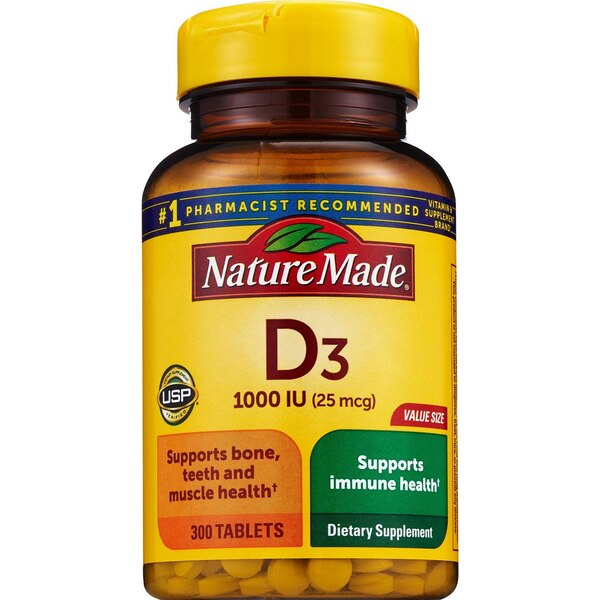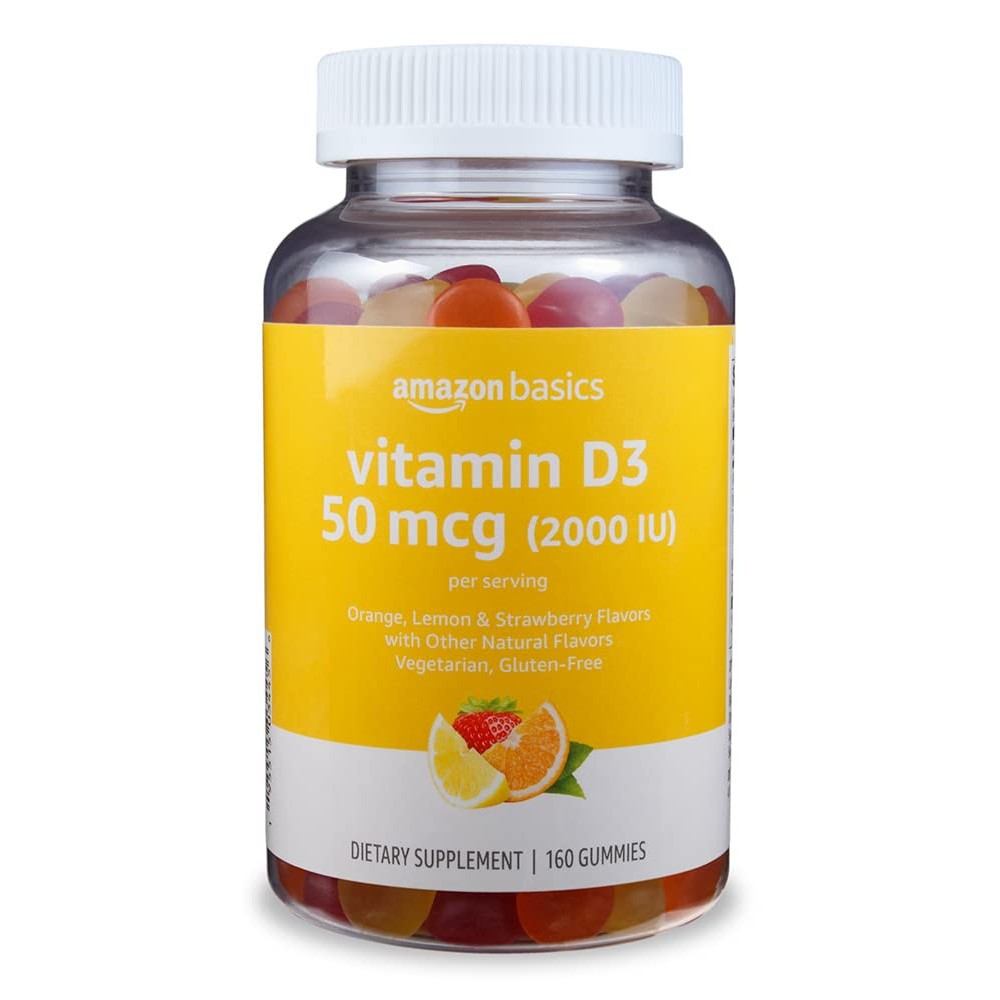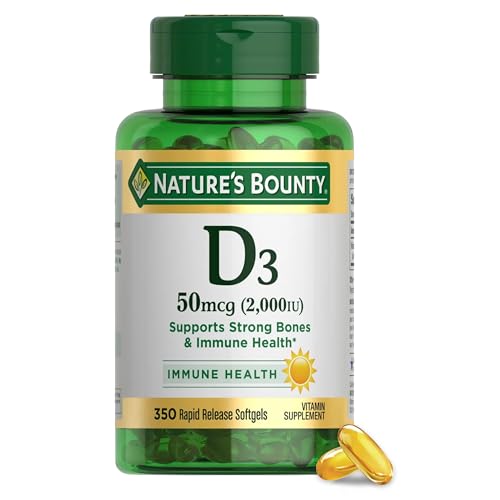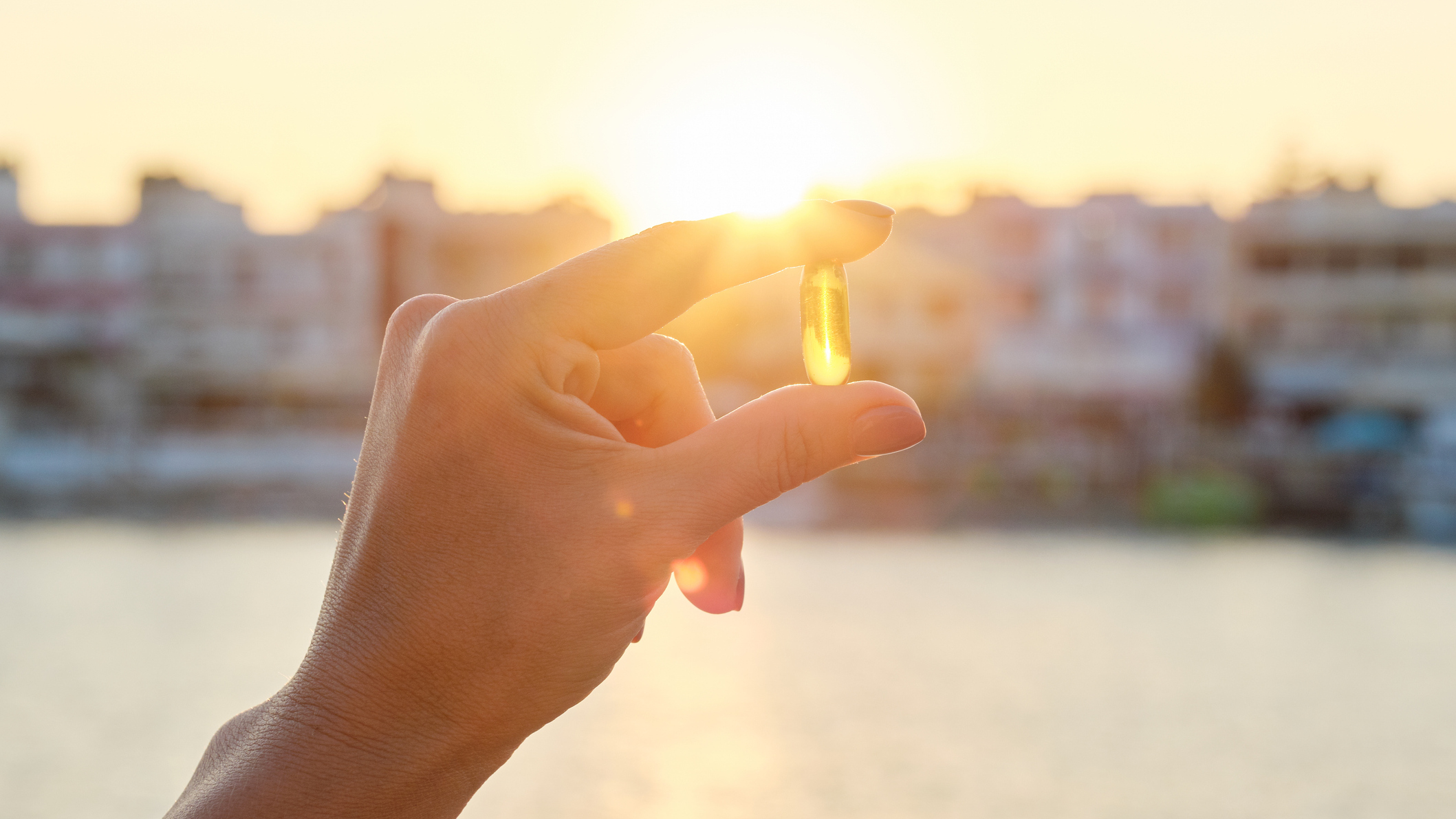
Our expert dietitian recommends caution if you are taking a vitamin D supplement with any other medications and suggests consulting your health care provider to assess if there is a best time to take the supplement because there are some medications that may interact with the vitamin, impacting the efficacy of your medication or interfering with the absorption of the vitamin.
Here in the UK, the government advises that everyone should take a vitamin D supplement in the fall and winter when sunlight is in short supply, so naturally, I wondered exactly when I should start adding a vitamin D pill to my day. September 1? When the night is longer than the day? Does it depend on where you live?
I reached out to Dr Hope Barkoukis, a U.S.-based dietitian who is also the chair of the department of nutrition at Case Western Reserve University, for guidance and what she said surprised me.
Spoilers: I should have started yesterday.
Why do I need vitamin D?
“We need this vitamin because it is necessary for building healthy bones, plays an important role in immune function, reduces inflammation, and promotes proper muscle function and nerve connections,” says Barkoukis.
“If a person doesn’t have enough, they will be at very high risk for bones that are not properly mineralized, putting them at risk for fractures.
“If a person has low levels of vitamin D or a deficiency, then the absorption of calcium is compromised. In this situation, the body will take the calcium it needs for optimal health functioning from the person’s bones. This will weaken the bones and that loss of calcium from bones translates into higher fracture risk.”
Without testing your blood, it is hard to identify a specific vitamin D deficiency. You will usually have symptoms of inadequate calcium intake due to the relationship between the two nutrients.
Should I be taking a vitamin D supplement?
Barkoukis says that unless you’re told not to take a vitamin D supplement by a health professional, you should be taking one year-round.
“This nutrient is called a risk nutrient, meaning vitamin D is at risk for inadequacy, and a significant percentage of the population consumes inadequate amounts,” she says.
Can’t I get the vitamin D I need from the sun?
“Sun exposure on the skin is an important source of the vitamin, but most individuals use sunscreen lotions, cover up, or avoid the sun entirely,” says Barkoukis. “Anyone with darker skin has more of a compound called melanin and this reduces how much of the vitamin can be produced from sunlight.”
She also explains that the elderly, children and those with digestive disorders that cause fat malabsorption may be at risk of a deficiency. Vitamin D is a fat-soluble vitamin and you need dietary fat to absorb it properly.
“We can’t assume that because someone lives in a U.S. state with more sunshine days, that they would not be at risk for a deficiency,” says Barkoukis. “A better habit is to take a daily supplement, year-round.”
Which type of vitamin D supplement should I take?
“These supplements come in two forms: D2, from plant sources called ergocalciferol; and D3, from animal sources called cholecalciferol,” says Barkoukis. “Both forms can be used to meet human requirements, but D3 is generally considered a bit more effective.”
Barkoukis also suggests taking the supplement with a meal containing some fat to help absorption.
“Dietary supplement intake over 4,000 international units is not recommended,” says Barkoukis. She explains that because the vitamin is fat-soluble, it is stored in the fat cells of the body and can build up. This, in turn, impacts the level of calcium in the body, putting you at risk for a painful condition called hypercalcemia. So it’s best to adhere to the NIH dietary guidelines for your dosage.
“One will not overdose on the body’s natural production of the vitamin from the sun’s exposure to your skin,” adds Barkoukis. “As your body achieves the necessary amount of the vitamin, the natural production of the active form of the vitamin will stop. The risk of too much vitamin D comes from dietary supplements, not sun exposure.”
Shop vitamin D supplements
Dr Hope Barkoukis is the chair of the department of nutrition at Case Western Reserve University and also creates and co-leads the curriculum for one of the programs (pathways) for medical students. Her curriculum focuses on preparing students to work with multi-dimensional and holistic wellness, including areas such as healthy eating, lifestyle and wellbeing, as part of their preventative care and social medicine education. The aim of the program is to create well-rounded medical professionals.
Start your week with achievable workout ideas, health tips and wellbeing advice in your inbox.

Lou Mudge is a Health Writer at Future Plc, working across Fit&Well and Coach. She previously worked for Live Science, and regularly writes for Space.com and Pet's Radar. Based in Bath, UK, she has a passion for food, nutrition and health and is eager to demystify diet culture in order to make health and fitness accessible to everybody.
Multiple diagnoses in her early twenties sparked an interest in the gut-brain axis and the impact that diet and exercise can have on both physical and mental health. She was put on the FODMAP elimination diet during this time and learned to adapt recipes to fit these parameters, while retaining core flavors and textures, and now enjoys cooking for gut health.
You must confirm your public display name before commenting
Please logout and then login again, you will then be prompted to enter your display name.
-
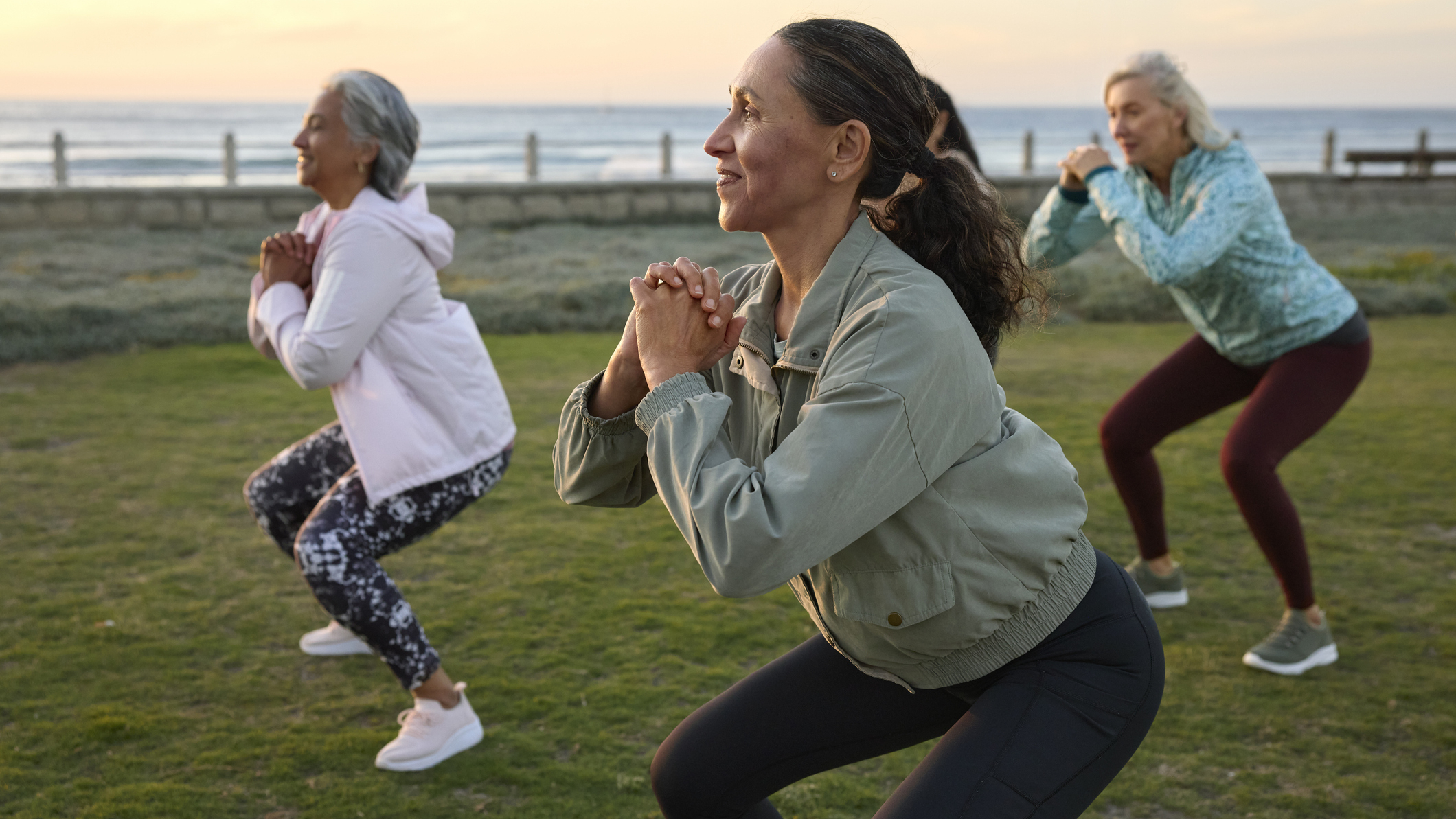 Walking injuries are common, but an exercise physiologist says you can avoid them by warming up with these two exercises
Walking injuries are common, but an exercise physiologist says you can avoid them by warming up with these two exercisesAn exercise physiologist wishes everyone would do these exercises
-
 A certified strength trainer dispels the most common myth she hears from women reluctant to start strength training
A certified strength trainer dispels the most common myth she hears from women reluctant to start strength trainingSwerve this common misconception to embrace strength training in 2026

